When a plot against a prominent Middle Eastern politician is uncovered, David Pollock, a professor of ancient hieroglyphics at Oxford University, is recruited to help expose the scheme. Pollock must […]
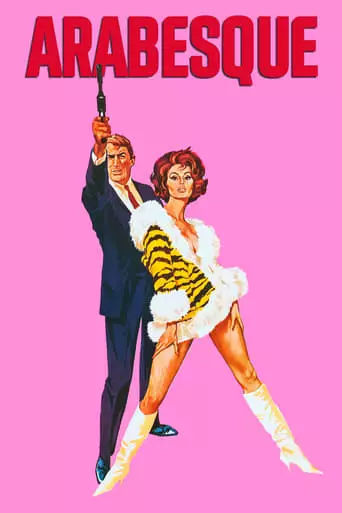
When a plot against a prominent Middle Eastern politician is uncovered, David Pollock, a professor of ancient hieroglyphics at Oxford University, is recruited to help expose the scheme. Pollock must […]
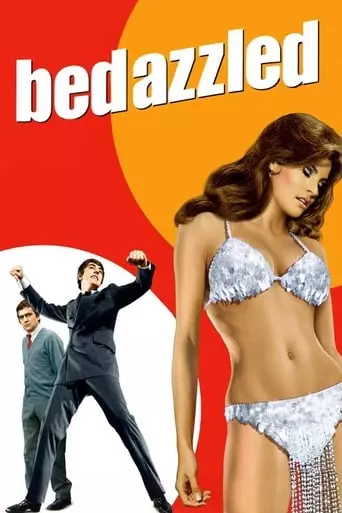
A hapless loser sells his soul to the Devil in exchange for seven wishes, but has trouble winning over the girl of his dreams. Bedazzled (1967), directed by Stanley Donen, […]
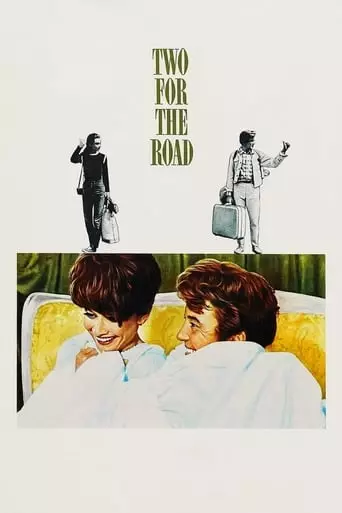
On the way to a party, a British couple dissatisfied with their marriage recall the gradual dissolution of their relationship.
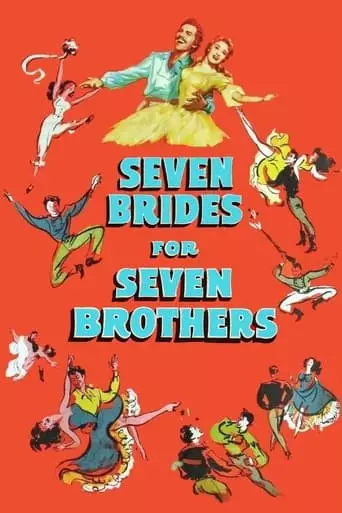
In 1850 Oregon, when a backwoodsman brings a wife home to his farm, his six brothers decide that they want to get married too.
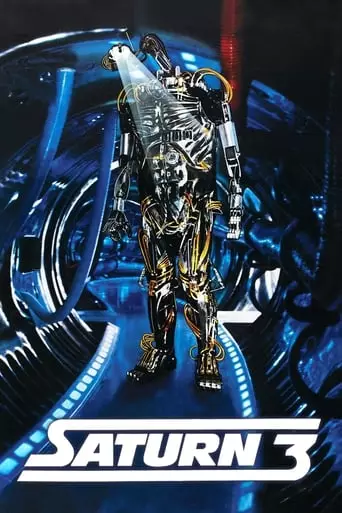
In the future, Earth is overcrowded and the population relies on distant bases to be fed. In the Saturn 3 station, Major Adam and the scientist Alex, who is also […]
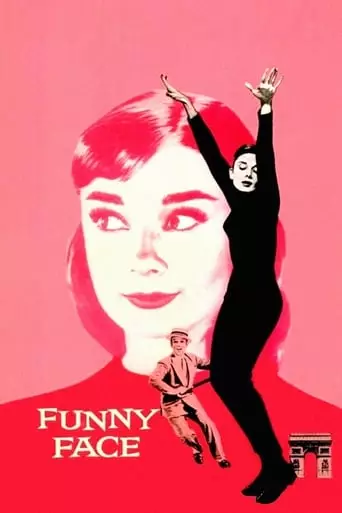
A shy Greenwich Village book clerk is discovered by a fashion photographer and whisked off to Paris where she becomes a reluctant model.
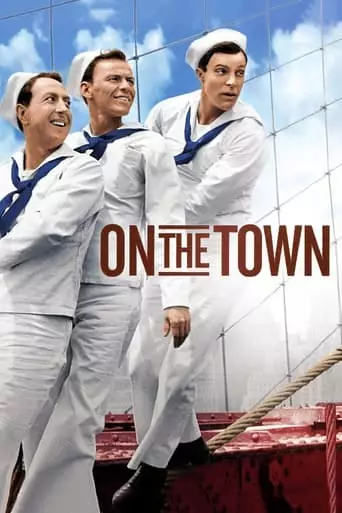
Three sailors wreak havoc as they search for love during a whirlwind 24-hour leave in New York City.
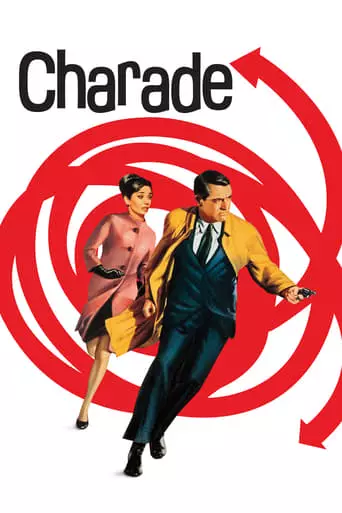
After Regina Lampert falls for the dashing Peter Joshua on a skiing holiday in the French Alps, she discovers upon her return to Paris that her husband has been murdered. […]
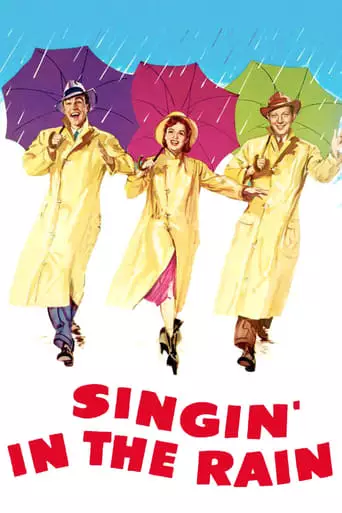
In 1927 Hollywood, a silent film production company and cast make a difficult transition to sound. Singin’ in the Rain is a vibrant musical set during Hollywood’s transition from silent […]
Stanley Donen: The Master of the Hollywood Musical
Stanley Donen (1924–2019) was an iconic American director and choreographer whose work helped define the golden age of Hollywood musicals. Renowned for his innovative use of dance, dazzling visuals, and ability to blend humor with romance, Donen’s films, such as Singin’ in the Rain and Funny Face, remain timeless classics. His mastery of the musical genre and contributions to cinema earned him the moniker “The King of the Hollywood Musical.”
Early Life and Journey to Hollywood
Stanley Donen was born on April 13, 1924, in Columbia, South Carolina. Growing up in a small town as a Jewish boy, Donen found solace in the magic of movies, particularly the musical extravaganzas of Fred Astaire and Ginger Rogers. Inspired by their elegance and artistry, he pursued dance and choreography, which became his ticket to the entertainment industry.
At age 16, Donen moved to New York City, where he landed a role as a dancer in the Broadway production of Pal Joey. It was during this time that he began collaborating with Gene Kelly, a partnership that would prove pivotal in shaping the course of his career.
Breakthrough as a Choreographer and Director
Donen’s Hollywood career began as a choreographer at MGM, where he worked on films such as Cover Girl (1944). His ability to integrate dance into storytelling, particularly through the use of innovative camera movements, quickly set him apart.
On the Town (1949):
Co-directed with Gene Kelly, this groundbreaking musical was one of the first to film significant sequences on location in New York City.
Impact: Marked Donen’s directorial debut and redefined the musical genre by blending realism with the fantastical elements of song and dance.
The Golden Age of Musicals
Donen reached the height of his career in the 1950s, directing some of the most beloved musicals of all time:
Singin’ in the Rain (1952):
Widely regarded as the greatest musical ever made, this film is a joyous exploration of Hollywood’s transition from silent films to talkies.
Highlights: Gene Kelly’s iconic “Singin’ in the Rain” number, Donald O’Connor’s comedic masterpiece “Make ’Em Laugh,” and Cyd Charisse’s sultry ballet sequence.
Legacy: A flawless blend of music, comedy, and romance, the film continues to captivate audiences and influence filmmakers.
Seven Brides for Seven Brothers (1954):
A boisterous musical featuring innovative choreography that transformed everyday activities—like barn-raising—into spectacular dance sequences.
Funny Face (1957):
Starring Fred Astaire and Audrey Hepburn, this visually stunning musical was filmed partly in Paris and showcased Donen’s flair for combining fashion, music, and romance.
The Pajama Game (1957):
A workplace comedy-musical filled with dynamic choreography, co-directed with George Abbott.
Innovative Techniques and Style
Stanley Donen’s musicals were notable for their innovation and attention to detail:
Integration of Dance and Narrative: He seamlessly wove musical numbers into the storyline, enhancing emotional depth rather than interrupting the narrative.
Use of Space: Donen’s choreography often extended beyond the stage, incorporating real-world settings, such as city streets and open landscapes.
Camera Movement: Unlike earlier musicals, which relied on static shots, Donen used the camera as a dynamic participant, enhancing the energy of dance sequences.
Beyond Musicals: Diversifying His Career
Though best known for his musicals, Donen also excelled in other genres:
Indiscreet (1958):
A romantic comedy starring Cary Grant and Ingrid Bergman, showcasing Donen’s talent for sophisticated humor and sharp dialogue.
Charade (1963):
A suspenseful romantic thriller often dubbed “the best Hitchcock film that Hitchcock didn’t direct.” Featuring Cary Grant and Audrey Hepburn, the film is a masterful blend of mystery, humor, and romance.
Two for the Road (1967):
A bittersweet examination of marriage and relationships, starring Audrey Hepburn and Albert Finney. Its innovative non-linear storytelling demonstrated Donen’s willingness to experiment with form.
Legacy and Accolades
Despite his extraordinary contributions to cinema, Donen never received a competitive Academy Award. However, in 1998, he was honored with an honorary Oscar for his lifetime achievements, celebrating his enduring impact on film. His acceptance speech, which included a charming dance routine, encapsulated his lifelong love for the art of cinema.
Influence on Modern Filmmaking
Stanley Donen’s influence can be seen in the work of directors such as Damien Chazelle (La La Land), Baz Luhrmann (Moulin Rouge!), and Rob Marshall (Chicago). His ability to blend narrative and spectacle remains a benchmark for filmmakers aiming to capture the magic of musicals on screen.
Conclusion
Stanley Donen was a visionary who elevated the Hollywood musical to an art form, creating films that remain joyous, inspiring, and timeless. From the rain-soaked streets of Singin’ in the Rain to the chic elegance of Funny Face, Donen’s work continues to enchant audiences, ensuring his legacy as one of cinema’s greatest directors.